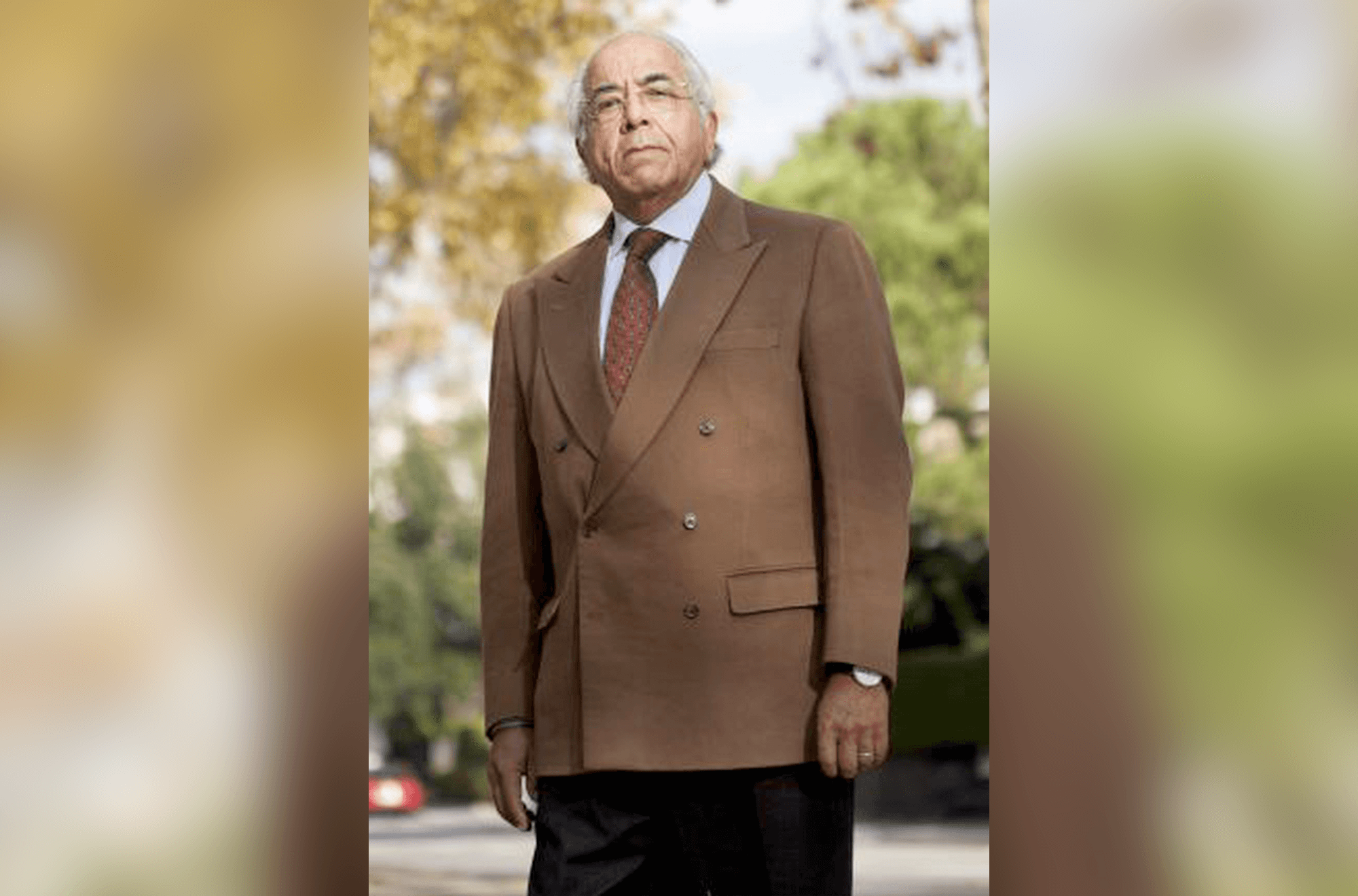
Dr Carlos Morín and Dr Javier Pascual Ramón, a psychiatrist working at Morín’s gynaecology clinic in Barcelona, were convicted on 20 June for providing abortions to women who had nowhere else to turn.
Morín was first arrested and his clinics closed down in 2007, after two damaging foreign media campaigns against him in 2004 and 2006, in tandem with anti- abortion groups. The campaigns included undercover reportages in the Sunday Telegraph UK and a Danish TV documentary where pregnant women reached out to the clinic, pretending to need help. At the time of his arrest, the clinic was raided and police confiscated confidential files of more than 2,000 patients.
The investigation against Morín lasted for nearly five years and the trial took place in the Regional Court of Barcelona in late 2012. Morín and his co-workers were first acquitted in January 2013, when the Court found no evidence that abortions had been performed against the law.
However, the case was appealed to the Supreme Court after personal intervention from several anti-abortion lobby groups such as E-Christians, which wanted to make Dr Morín a scapegoat. The group E-Christians was also behind the recent public value de-listing of the reproductive health organisation Family Planning Federation of Spain (FPFE), also apparently through backroom intervention, making it more difficult and expensive for them to continue their work of many years standing.
In an 2013 interview given to El Pais, Morín stated that a reopening of the case was not only causing great stress and damage to him “but also to the women who had abortions – they will have to return and testify again”.
Marge Berer, Coordinator of the International Campaign for Women’s Right to Safe Abortion, said:
“Morín did abortions for patients referred to him from other abortion clinics in a number of European countries who were legally unable to help the women. He has been made a scapegoat because he had the courage of his convictions to act when women needed the abortions and Spanish law supported him doing so. Dr Morín helped women regain their lives.”
The Spanish abortion law in force until 2010, when Dr Morín was practicing, allowed abortion without time limits for mental health reasons. He and his staff followed the letter of the law and accepted, in rare and exceptional cases over the years, to do abortions for women with psychological health indications for abortions after 24 weeks.
“Any woman who is seeking an abortion after 24 weeks of pregnancy has very good reasons, usually very desperate reasons, for requesting it, and the mental health indication under Spanish law when he did those abortions made it legal to provide them,” Berer explained.
According to Anne-Marie Rey, an abortion rights activist in Switzerland since 1971, who has closely followed the case from the beginning:
“Up to 2007, the Ginemedex clinic was a last resort for women who sought an abortion in advanced stages of pregnancy. Women were sent to Barcelona from many countries, when it was not possible to help them at home. Personally I gave his address to several women from Switzerland and they were always treated with respect and empathy. Yes, Dr Morín did interpret the Spanish abortion law liberally. But, in fact, he only applied the World Health Organization definition of ‘health’ as ‘a state of complete physical, mental and social well-being’. And he applied this interpretation also in the case of desperate women who needed an abortion late in pregnancy, after 24 weeks gestation.”
George Tiller [the American abortion provider who was assassinated by an anti- abortion extremist in 2009] also suffered from condemnation, just as Carlos Morín did and does to this day.
“They have threatened to kill me, and I’ve been called a murderer on the streets and at a polling station”, Morín said to El Pais, “I’m just a chain link in a woman’s decision not to proceed with her pregnancy”.
***
For more information, read Marge Berer’s in-depth article on the topic.



